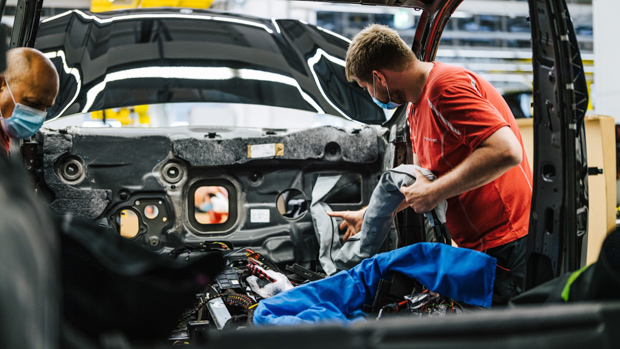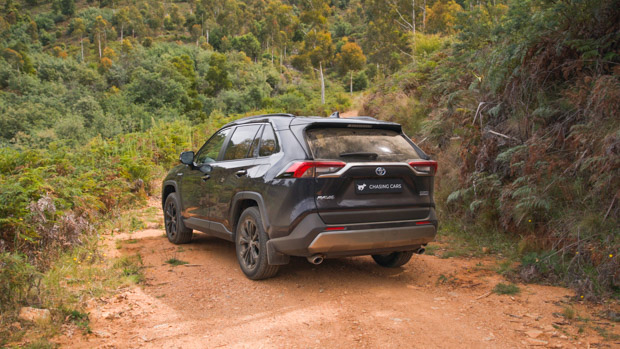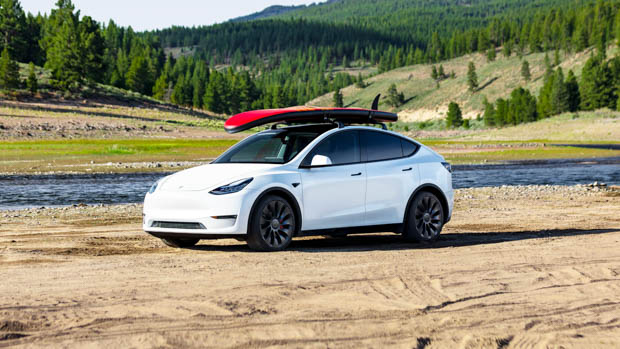-
Car Reviews
- All reviews
- Midsize SUVs
- Small cars
- Utes
- Small SUVs
- Large SUVs
- Large cars
- Sports SUVs
- Sports cars
- Vans
Latest reviews
- Car News
-
Car Comparisons
Latest comparisons
- Chasing Deals
The technology and engineering company has pledged $3 billion to give the world a larger supply of chips, but it won’t solve everything
Bosch has announced it will invest a further $3 billion to increase the supply of chips globally by 2026, but said this week that it won’t stop the shortage problem overnight.
The world is eagerly waiting for the end of the chip shortage saga, but Bosch says that we still have a long way to go.
Dr Stefan Hartung, chairman of the Bosch Board of Management, said this week that “microelectronics is the future and is vital to the success of all areas of Bosch business.
“With it, we hold a master key to tomorrow’s mobility, the internet of things, and to what we at Bosch call technology that is ‘Invented for life,” Dr Hartung said.
Bosch says that it is working within a wide range of microelectronics such as systems-on-a-chip, used predominantly for radar-based technologies in modern vehicles.
Bosch will also work towards making these specific chips cheaper, smaller and more accessible in the coming years, but for now it is doing what it can to increase overall supply.
The German technology and engineering company joins Intel, Samsung, Toshiba, Nvidia and Hitachi as a group of corporations aiming to increase their semiconductor chip situation.
UK automotive publication Autocar has said that there are between 1400 to 1500 chips installed in each and every new car sold on the market today, but this number can go up to 3000 depending on the vehicle, with high-end luxury cars being so heavily technology focused.
Since the first lockdowns in Australia late in 2019, people were forced to stay home and therefore needed things to fill their spare time.
In a report by the Reserve Bank of Australia, June 2020 saw a 20-30 percent increase over June 2019 in the Australian household’s consumption of electronic goods such as electric appliances, computers and other white goods.
As people were forced to spend much more time within the confines of their household, their spending increased during COVID-19 for work-at-home equipment, gaming consoles, televisions and other technological ‘gadgets’ when they couldn’t spend their money elsewhere such as on an overseas holiday or going out to a musical or sporting event.
It isn’t just the car industry that is affected by a shortage of chips. We have heard for the last three years that chips have been in short supply and that general-use electronics are struggling, too.
As consumer goods increased over the two years of the coronavirus pandemic, chips were in extremely high demand. The car industry greatly suffered as a result, with lengthy delays for new cars, pushing up demand for second-hand cars.
The same semiconductor chips used in cars are also used in small electronic appliances such as televisions, mobile phones, tablets, computers, gaming devices, cameras and home speaker systems.
Some items that most people wouldn’t think about include air conditioning units, smart fridges (that sometimes have screens built into them), RFID tags and dash cams.
Latest news
About Chasing cars
Chasing Cars reviews are 100% independent.
Because we are powered by Budget Direct Insurance, we don’t receive advertising or sales revenue from car manufacturers.
We’re truly independent – giving you Australia’s best car reviews.




